22 Jan The Wonderful World of Play
Industry Insights
The Wonderful World of Play
A powerful, engaging and empowering pedagogical technique
Samantha Lee, Head of School (ECE) at Dika College, shares her responses to the questions on the concept of ‘Play’, to provide a better understanding of how this pedagogical technique can open a powerful learning experience for young children.
1. What is Play?
- Play is an instinct for young children.
- Play is a way children discover and learn about the world.
- Play is an important learning tool for children.
- Play is what children do.
2. A brief history of the concept of ‘Play’
- Play is an important aspect of human history.
- The concept of play dates to the Athenians who started the Olympic games in 1896 and ancient games like Cuju, an ancient soccer in China dating back to 200 B.C.
- A modern focus on play as a pedagogical tool began in the early 1900s.
- Sigmund Freud, Jean Piaget, Lev Vygotsky and other theorists and educators began to see the value of play and use it in the teaching of young children.
3. How is play used in brain and social-emotional development in children?
- Play helps children learn a new concept.
- Play is also used widely in play therapy to help children with behavioural issues, emotional distress or those who have undergone traumatic experiences.
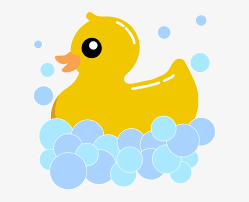
Take this scenario for example. 14-month-old Ben is playing with his rubber duck during his bath. He squeezes the duck and water shoots out from it. Ben gets a shock. He squeezes the duck again and again until no water shoots out. Ben shows the duck to mum. Mum presses the duck down into the water to submerge it and bubbles rise. Mum gives the duck to Ben and says, “There you go!”. Ben squeezes the duck and water comes out again. Ben is happy. When no more water shoots out, Ben presses the duck into the water just like what mum has done. Through play, Ben has learned a new concept about ‘cause and effect’.
4. Is play an important foundation in teaching strategies?
- Play is one of the most important teaching strategies in early childhood education, most significantly for children aged 0 to 4. Older children benefit from play too.
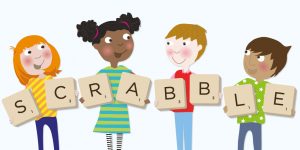
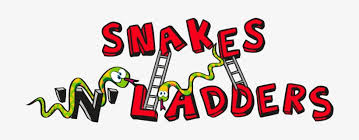
For example, Snakes and Ladders is a great game for children aged 5 or 6 to learn about ascending and descending numbers; and Scrabble is a great game for children to build vocabulary.
5. What are the challenges and opportunities in establishing the practice of play in early childhood education (ECE)?
- The concept of play in ECE is gaining traction. However, many educators and parents often misunderstand what play really is. They do not see the magic of play and how children can develop holistic skills through play.
- Giving children a box of Legos to play with is not teaching through play.
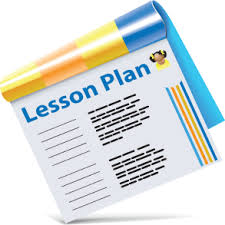
Teaching through play requires careful planning and execution. For teachers to use play as a pedagogical tool, they need to be trained formally. They need to understand development theories, curriculum standards, pedagogies and be able to observe the child professionally to find out what is most needed by the child.
6. Does Dika College prepare would-be educators in the knowledge and skills of play?
- At Dika College, we introduce students to the concept of play through the module Young Children and Play Development (VCP129). The 42-hour module helps students use the concept of play to develop new skills and strategies for assisting the integrated development of the whole child in all areas of development: physical, social, emotional, cognitive, language and moral.
- Students will be taught how to apply principles of learning through play, using the interests and abilities of young children, whilst providing inventive and imaginative strategies to work with the inherent creativity of young children.
Marketing Call to Action:
Read more about Dika College’s Early Childhood Education and Special Education (Early Years) academic programmes here , or call us today at +603-80706223, /WhatsApp: +6016-2286223.

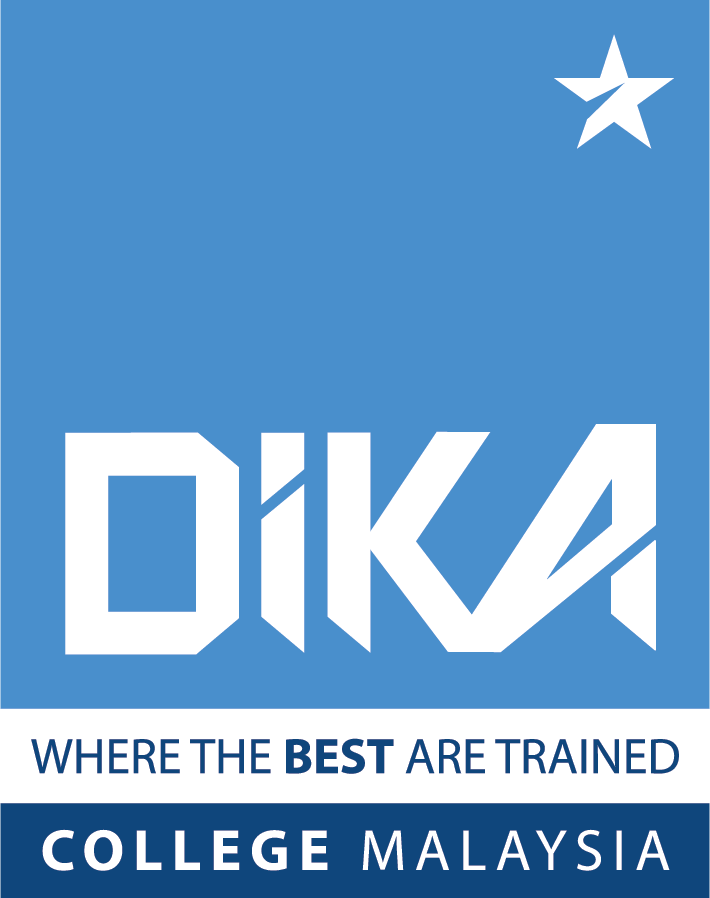

Sorry, the comment form is closed at this time.